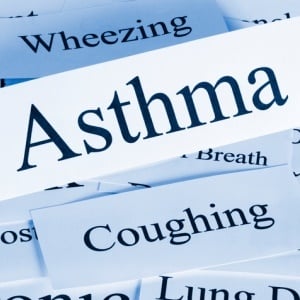
Asthma is a condition where the airways in the lungs become constricted and produce more mucus than usual, making it difficult to breathe.
The American College of Allergy, Asthma & Immunology list the most common signs of asthma as:
- Coughing
- Difficulty breathing
- Chest tightness
- Shortness of breath
- Wheezing
A life-threatening condition
Depending on the severity of the attack, asthma can be life-threatening. Fortunately, for the last fifty years or so asthma pumps (inhaler devices) which deliver medication directly to the lungs have been available. Inhalers are the asthmatic’s mobile medical kit and are real lifesavers, especially when there are no medical facilities nearby, and most asthma sufferers realise the importance of always having their inhaler at hand.
According to Patient the contents of inhalers can be divided into relievers (short-acting bronchodilators), preventers (steroid inhalers) and long-acting bronchodilators. Steroids are anti-inflammatory drugs that effectively reduce the inflammation associated with asthma.
Read: Who gets asthma? (Prevalence)
Inevitably, however, there will be situations where asthma suffers find themselves without an inhaler or one that, for whatever reason, doesn’t work.
How to handle the situation
If the situation seems dire and the person is struggling to breathe, take them to the nearest ER or call an ambulance. Health Central emphasises that ER doctors would rather that patients come in with relatively mild symptoms than arrive at a later stage gasping for breath. It is much easier to treat mild symptoms than handle a crisis situation.
The Department of Respiratory and Critical Care Medicine at Singapore General Hospital has the following advice on how to cope with an asthma attack if you don’t have an inhaler:
- Sitting upright optimises breathing, and any other position can constrict your breathing even more.
- Long, deep breaths help to slow down your breathing and prevent hyperventilation. You should breathe in through your nose and breathe out through your mouth.
- Staying calm may prevent further tightening of your chest muscles and may help you to breathe easier.
- Remove yourself from the asthma trigger, which could be dust, cigarette smoke or the smell of chemicals. Do this as quickly as you can and move to an air-conditioned room or any place with clean air.
- Drink a hot caffeinated beverage. Drinks like coffee can help to open up the airways to a certain extent and bring relief for an hour or two.
- Seek medical help if the wheezing, coughing and breathing difficulties do not subside after a period of rest.
Read more:




 Publications
Publications
 Partners
Partners











